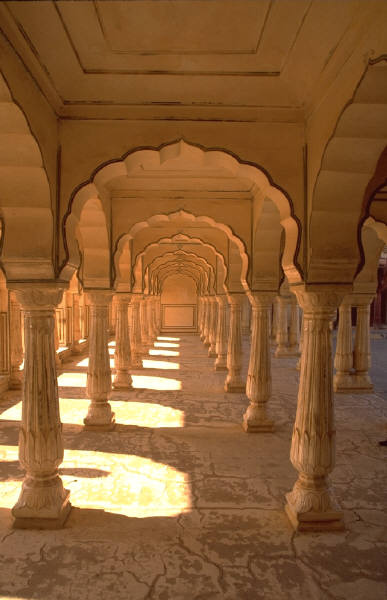LITR 5734:
Colonial & Postcolonial Literature

Student Poetry Presentation 2008
Thursday, 21 February: Take-home midterm due within 72 hours of class meeting. Walt Whitman, "Passage to India" (handout); begin Forster’s Passage to India, section I (“Mosque”), chapters 1-3, pp. 3-34.
· Poetry reading from Whitman's "Passage to India"
Reader: Talli Ortiz
Abridgement of "Passage to India"
Walt Whitman “A Passage to India”
Objectives
2b. To extend the intertextuality of the novel or fiction to poetry and film by colonial, imperial, or post-colonial sources, especially Derek Walcott of St. Lucia, West Indies (b. 1930; Nobel Prize for Literature, 1992).
My abridged version shows how Whitman used language to connect not only locations through innovative transportation, but also to bring people together spiritually.
This poem speaks about the past and the present, as if they are one entity. Whitman seems to be hoping that while we grow as a nation, we grow together, instead of apart. It is especially evident that we are still, to this day trying to learn from one another because in this course we are reading texts that show individual perspectives on colonialism and post-colonialism. In the last few stanzas Whitman speaks of the soul and spirituality as though he will find the answers by going to India.
Questions
1. “Lands to be welded together”—With today’s technology are we more connected with each other? Or are we more isolated?
2. If Whitman is connecting people in America to people in India, then what is Achebe and Conrad trying to tell us about people and relations? Can we rise above it all (class, gender, sexual identification) in the end like Whitman believes by seeing that the past is the present?
Prof. White's additions:
Objective 3. To witness Americans’ difficulties with colonial and postcolonial discourse—and learn from this perspective.
3a. Is America (USA) an imperial, colonial, or neo-imperial nation, or an “empire in denial?” (Niall Ferguson)
-
Compare and contrast history of America as last or only “superpower” with history of previous empires like Rome and England.
-
Issues of American ignorance of larger world and alternative worldviews
-
What are the colonial-postcolonial experiences and literatures of the Middle East?
3b. Compare or contrast the United States’ colonial status and independence from England with other countries’ colonial and postcolonial states.
-
The United States is comparable to Australia, South Africa, and Israel in that “settlers” displaced or exterminated native populations.
-
In contrast, indigenous populations in Africa, Asia, and some Pacific areas have colonized by a layer of foreign administrators or capitalists.
3c. Does American resistance to or ignorance of postcolonial criticism react to this discourse’s development from outposts of the former British Empire and French / Francophone traditions?
-
Hot-bloodedness, symbolic quarrels rather than cool analysis and real wars
-
Extravagance playfulness of vocabulary, terminology, occasional indifference to nuances in favor of spectacular or dramatic effects
-
Cosmopolitan leftist defense of exploited over provincial bourgeois indifference
-
Issues of American ignorance of larger world and alternative worldviews
North American history: generation before Whitman's poem was period of "Manifest Destiny," when USA Whitman’s poem about what happens to America’s national-ideological expansion when it runs into the Pacific Ocean
> it makes a “passage to India”
Dr. White's marked-up version of Whitman's "Passage to India"
|
|
|
|
